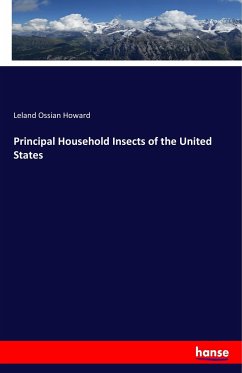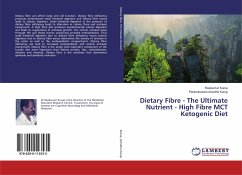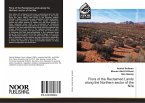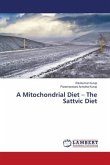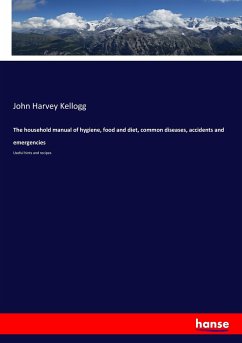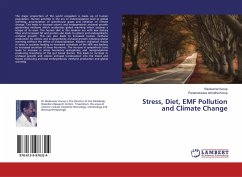The general objective of this study is to analyze the bushmeat sector by studying household consumption for the maintenance and sustainable management of animal biodiversity in the forests of Walikale territory (D.R. Congo). It highlights the importance of bushmeat for the food security of the inhabitants of Walikale. It describes the increasingly important socio-economic role that this source of animal protein plays in the lives of the actors involved, describes the strategies of the actors in the bushmeat sector, and highlights the health risks incurred by consumers and the level of knowledge of the legislation on wildlife. This study proposes ways of preserving and sustainably managing wildlife that allow the rural population to exploit the game capital in the forests of Walikale territory. During 45 days (15/02 to 15/03/2014) we conducted consumption surveys among 150 households in 5 villages (Boboro, Mubi, Mutakato, Nyasi and Walikale center) of the territory of Walikale and50 actors (hunters and traders) involved in the bushmeat sector.
Bitte wählen Sie Ihr Anliegen aus.
Rechnungen
Retourenschein anfordern
Bestellstatus
Storno


